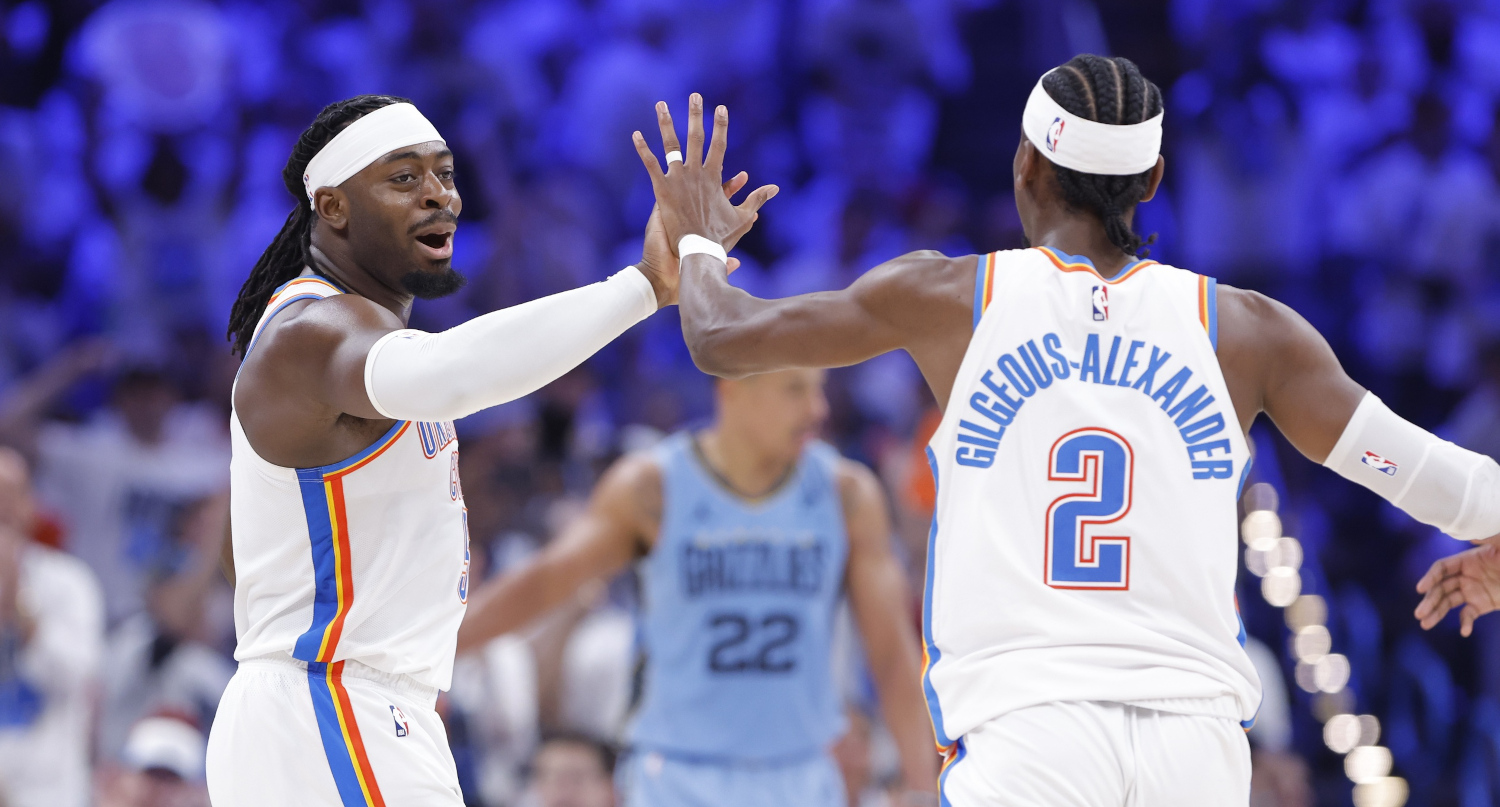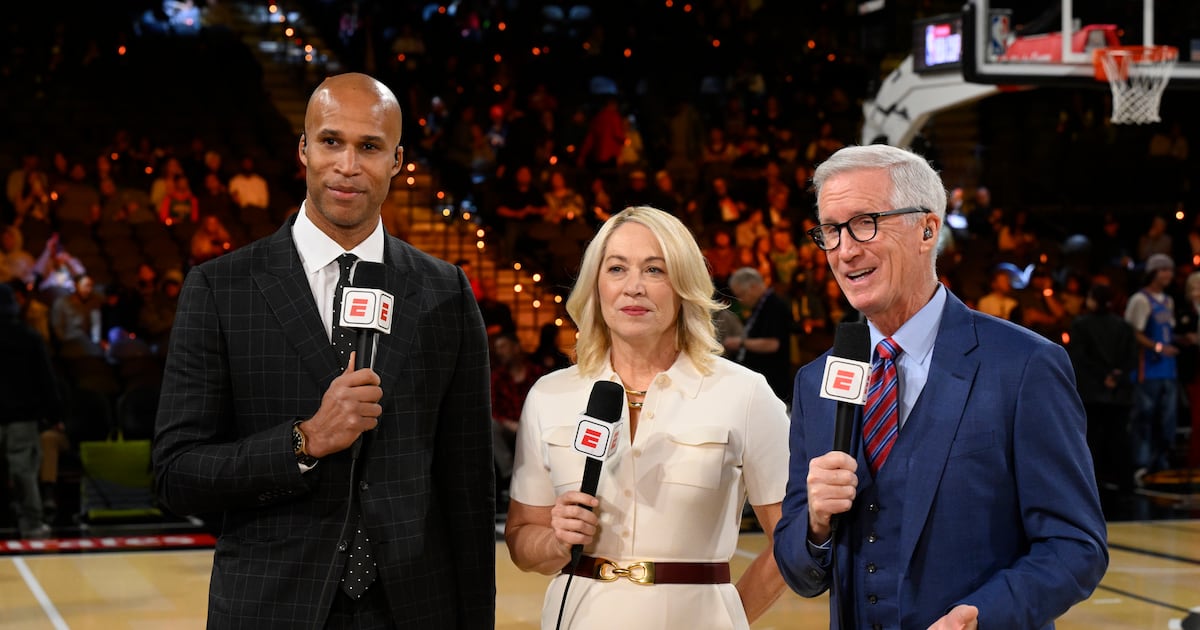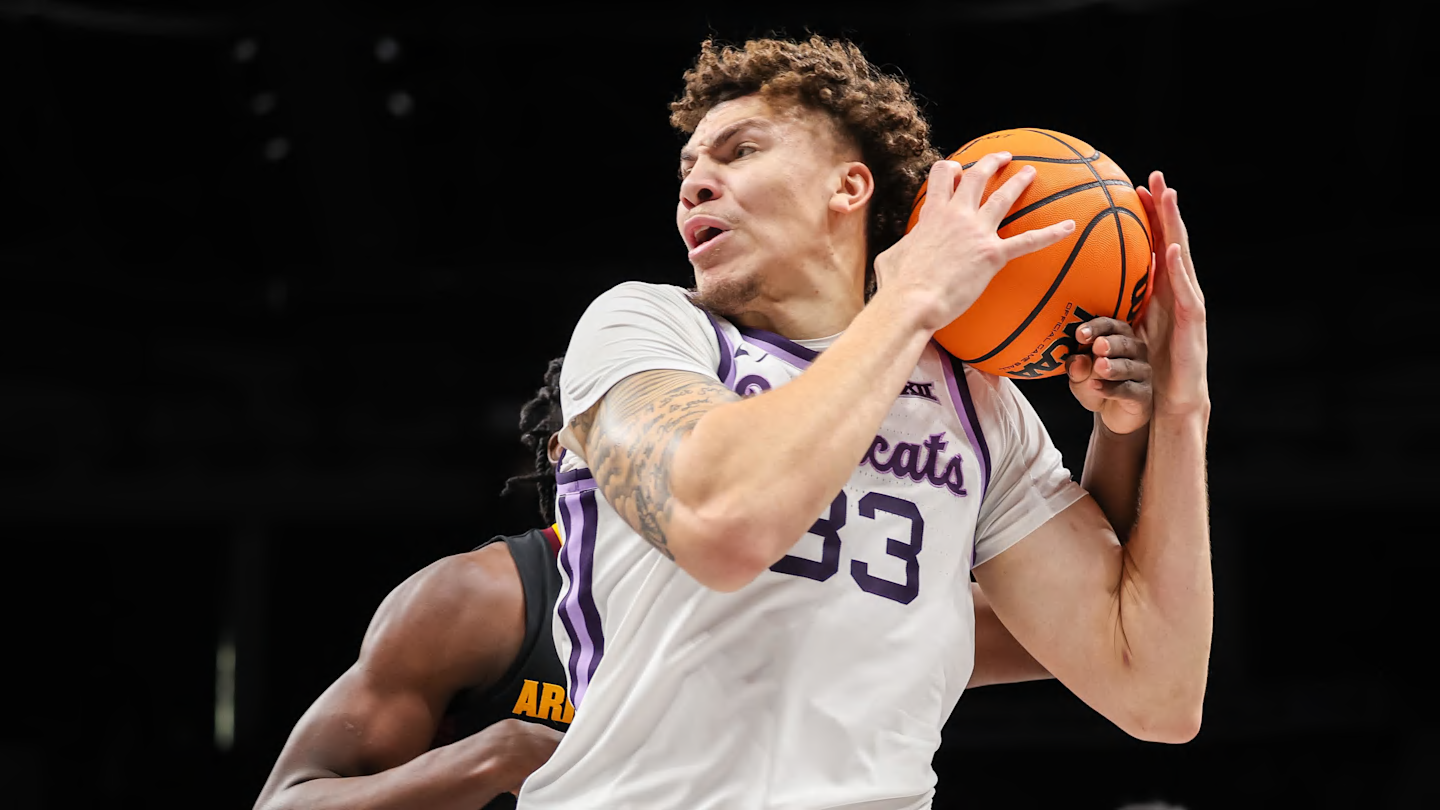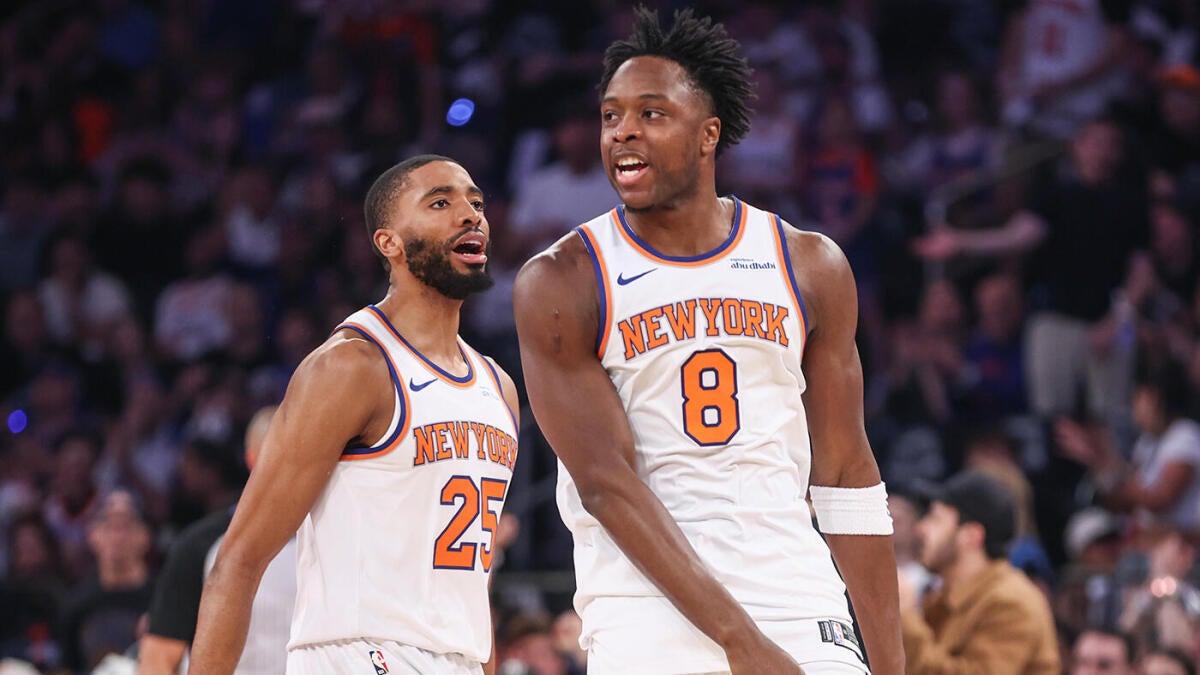
Much of sports media coverage focuses on ratings for individual games. There can be merit to that. But it’s worth remembering that not every decision from the likes of the NBA and its broadcast partners is made to boost the ratings of any particular game, or even to boost ratings overall for a league with a lower-valued deal with broadcast networks rather than a higher-valued streaming-only deal. Every decision involves multiple dimensions, and not all of those are always discussed.
The latest notable case here comes from the NBA and ESPN/TNT decisions on Sunday’s playoff games. They chose that the game between the Memphis Grizzlies and the Oklahoma City Thunder should be the afternoon ABC clash, while the Golden State Warriors-Houston Rockets one should be the evening TNT game. The Warriors-Rockets one had more likely overall interest in terms of media markets, seedings, and more, but Grizzlies-Thunder still got a better TV slot.
Maximizing an individual weekend’s viewership is not always the priority, though. Indeed, ahead of this weekend’s games, a NBA source told Awful Announcing the league had chosen to give the Thunder a prime spot despite that likely not optimizing weekend viewers. That came with the source saying, “Going to hurt us on the viewership side, but we are willing to take the hit given how good they are.” And that fits with other recent media reports on the rationale around this Easter Sunday decision here, such as this from Jon Lewis of Sports Media Watch:
With both the Lakers and Warriors in the postseason field this year, the NBA had the opportunity to showcase its glamour teams on broadcast television on a day associated with greater communal viewing, and opted to include neither on ABC’s schedule. Instead, the Lakers play on ABC Saturday night and the Warriors play on TNT Sunday night.
What would possess the league to pass up such a golden opportunity? The desire to showcase the league-leading Oklahoma City Thunder, a title favorite from the nation’s #47 market (potentially facing #51 market Memphis). The league made a conscious decision to feature the Thunder on ABC this weekend, knowing that doing so — instead of airing Stephen Curry’s first playoff game in two years — would mean sacrificing viewership.
There has always been a significant debate here. And a large part of that debate is on how while the impact of team selections on short-term viewership numbers is clear, what maximizes viewership in the long run is less undisputable. There have been a lot of arguments over the years about the need to more prominently feature smaller-market teams less nationally known, and some executives have even listened to those somewhat at times. Here’s what then-NBC Sports president of programming (now their president, acquisitions and programming) Jon Miller told AA on that front in 2015 in relation to their NHL scheduling decisions:
“We try to be very balanced, we try to showcase as many teams as we can. Clearly, the teams that perform very well both on the ice and in the ratings are going to be the clubs that get the majority of the attention. That’s just the nature of the beast. It’s a business for us, and they understand that. We encourage these teams to invest and get better and when they do, they’re rewarded with more exposure.”
“We encourage these teams to invest and get better and when they do, they’re rewarded with more exposure” is certainly the kind of logic the league and its broadcasters are betting on here. And it may yet work. However, it’s worth noting that despite some arguments from high-information broadcast-focused critics that focus should be more widely-spread, Yankees-Red Sox games and similar still tend to draw major audiences.
The merits of the decision here certainly can’t be evaluated once the ratings come out this weekend. The individual picture here would absolutely favor emphasizing the Warriors-Rockets game on a more prominent broadcast given data on market sizes, TV fanbases, and more. But the long-term picture isn’t as clear; if the Thunder do become a dynasty and wind up drawing killer Finals TV ratings, how important early-round prime exposure was to their ultimate Finals ratings is an unanswerable debate. In any case, though, it is interesting to see a league explicitly focusing on growing team brands for the long term rather than maximizing any particular weekend’s ratings.


